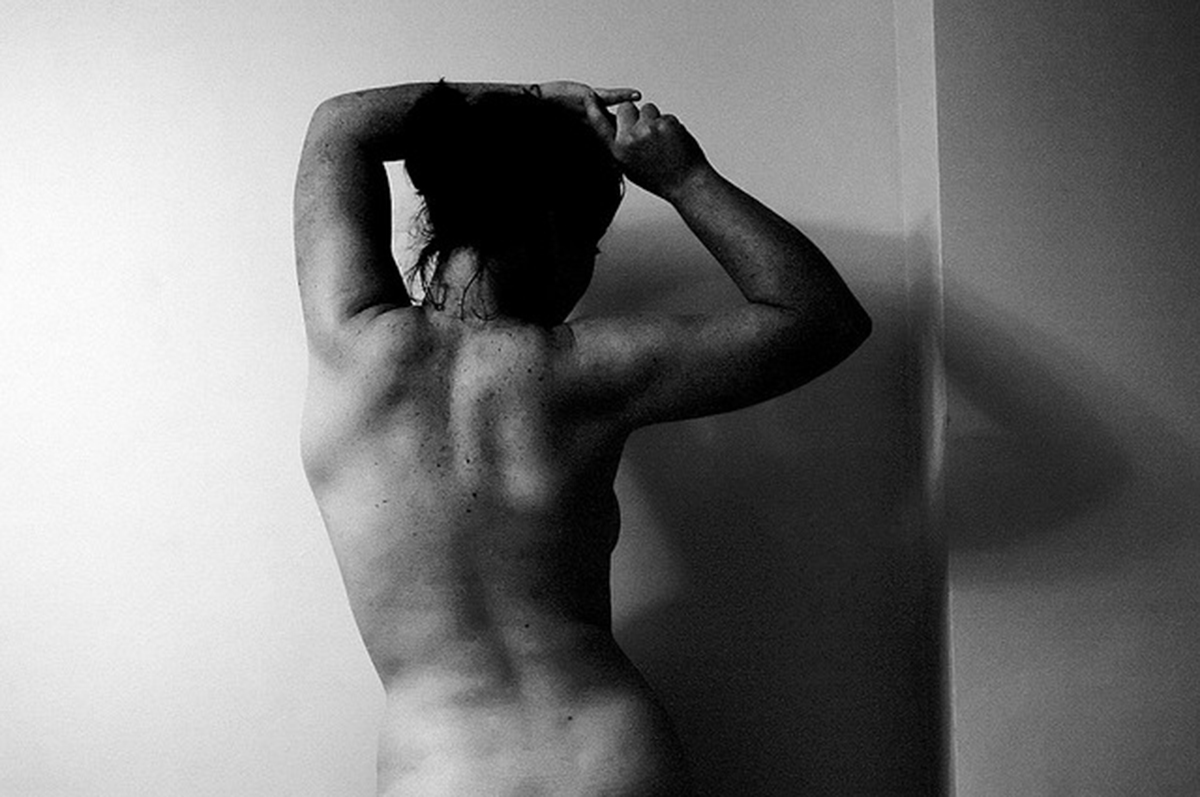Table of Contents
Edith, a woman in her 70s, had lived with chronic pain for years — it started with aching shoulders, a pain that soon progressed to her neck, hips, thighs, lower back, and even upper arms. Her mobility declined fast, to the point that she felt stiff when she woke up, couldn't hold a pen to write in her journal any more, and her trouble getting her shoes on. Edith's days became dominated by pain, which didn't subside even with over the counter painkillers.
Then, there was the constant feeling that she was coming down with a flu. Fever, fatigue, weakness, not feeling like eating, and of course the accompanying weight loss. In the end, it got so bad that Edith, one of the elders I care for, couldn't get out of bed at all. She'd just cry, wondering if life was still worth living.

Worst of all? Edith had no idea what was wrong with her. Her doctors could not give her a diagnosis.
What Is Polymyalgia Rheumatica?
A rarely talked-about inflammatory disorder, polymyalgia rheumatica almost always strikes people over 65 years old — and often suddenly, over a period of days or weeks. Once you reach your sixth decade, you often find you already have all kinds of aches and pains, and often also diagnosed or undiagnosed underlying medical conditions. The symptoms of stiffness, pain, and limited movement may be interpreted as being a normal part of the aging process — but they are not.
The stiffness people with polymyalgia rheumatica experience is always worse first thing in the morning, yet the pain they wake up with may cause them to avoid being active and mobile, once again contributing to further stiffness. People with polymyalgia rheumatica will typically experience the following symptoms:
- Stiffness and pain in very varied parts of the body, such as the shoulders, neck, lower back, upper arms, buttocks, thighs, wrists, and ankles.
- Increased stiffness after sleep or after other prolonged periods of physical inactivity.
- A shortened range of motion, including difficulties getting dressed, using tools such as pens or knives, and getting up front a sitting or laying position.
- Sleep difficulties.
- Depression.
- Sometimes fever.
- A feeling of general weakness and malaise.
- A loss of appetite and resultant weight loss.
What Causes Polymyalgia Rheumatica?
- Photo courtesy of Emily Higginson: www.flickr.com/photos/emilyhigginson/2884128460/
- Photo courtesy of Pulmonary Pathology: www.flickr.com/photos/pulmonary_pathology/7603841482/


Your thoughts on this